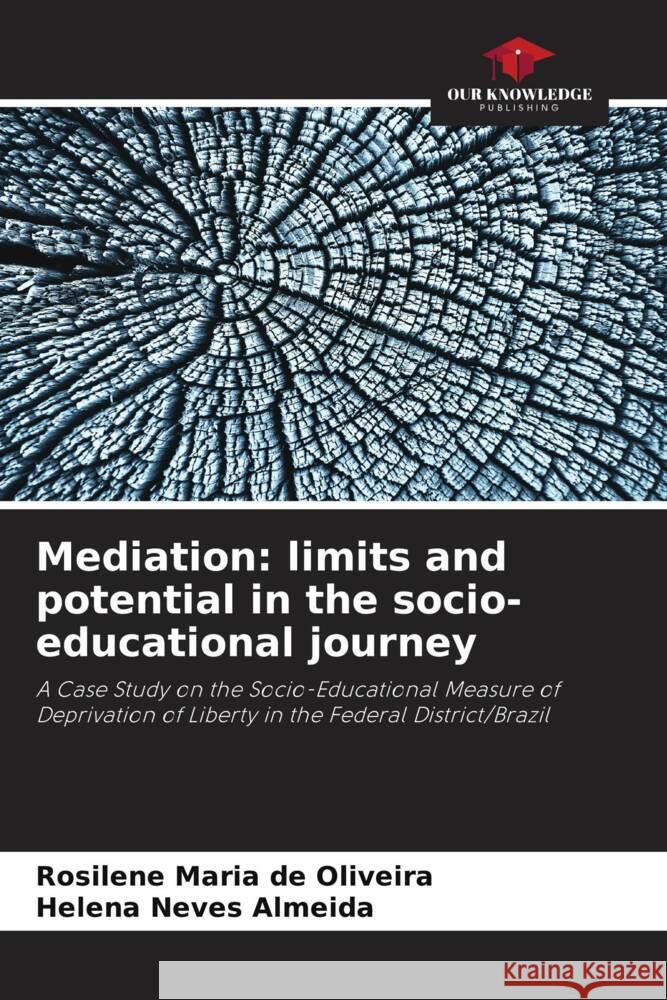Mediation: limits and potential in the socio-educational journey » książka
Mediation: limits and potential in the socio-educational journey
ISBN-13: 9786206443704 / Angielski / Miękka / 120 str.
In the 1990s, Brazil established democratic regulations to guarantee the rights of children and adolescents. It instituted a system for managing offences committed by adolescents, combining accountability with the prevalence of pedagogical perspectives, namely socio-educational measures. This work analyses the feasibility of conflict mediation processes between adolescents serving a socio-educational measure of deprivation of liberty. The data presented resulted from a case study carried out in an institution in the Federal District, in the Centre-West region of Brazil. The work includes: identifying the typology of conflicts between peers and the institutional mechanisms used in response to the conflict; characterising the sample of the population served; and the subjects' perception of the feasibility of applying mediation. The results of the research point to the institution's tendency towards conflict management based on isolation as a limit. In this context, the potential of mediation lies in engendering alternative courses of action capable of introducing new learning and changing the scale of conflicts.











